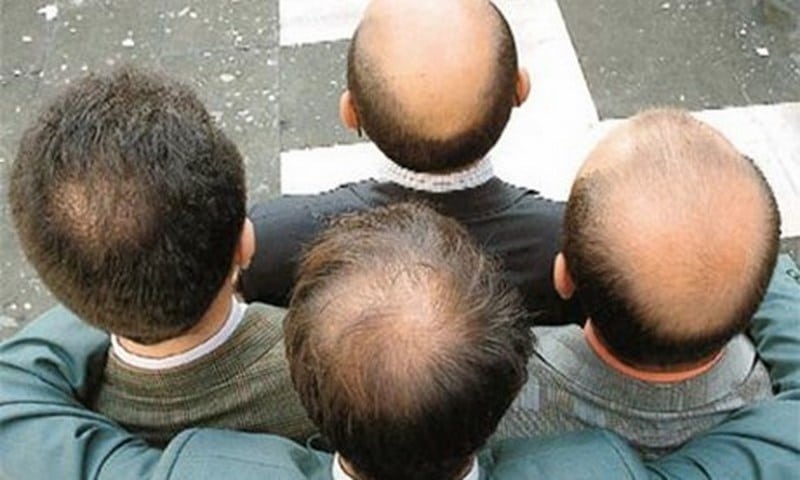Trichotillomania, also known as a compulsive hair-pulling disorder, is a type of disorder that involves frequent, tempting urges to pull out hair from your scalp, eyebrows or other areas of your body, in spite of trying to stop.
Hair pulling from the scalp often leaves bald spots which are patchy and causes substantial distress and can interfere with social or work functioning. People with trichotillomania can go to any lengths to pluck out their hair and disguise the loss of hair.
Trichotillomania can be mild and generally manageable for some people. But For some others, the compulsive urge to pull hair can be uncontrollable and overwhelming. However, there are other treatments as well that have helped many people reduce their hair pulling or stop entirely.
Symptoms
- Recurrently pulling your hair out, usually from your scalp, eyelashes or eyebrows, but sometimes from other body areas
- A growing sense of tension before pulling or trying to resist pulling
- Feeling pleasure or relief after the hair is pulled
- Noticeable hair loss, such as reduced hair or thinned or bald areas on the scalp or other areas of your body, including thin or missing eyelashes or eyebrows
- Preference for precise types of hair, rituals that complement hair pulling or patterns of hair pulling
- Chewing, biting or eating pulled-out hair
- Significant anguish or problems at work, school or in social situations related to pulling out your hair
Many people who have trichotillomania also chew their lips, bite their nails or pick their skin. They also sometimes pull hair from dolls or pets or materials, such as clothes or blankets.
Most people with trichotillomania pull hair secretively and usually try to hide the disorder from others.
Causes
The cause of trichotillomania is uncertain. But like many complex disorders, trichotillomania perhaps results from a combination of environmental and genetic factors.
Factors that increase the risk
These factors tend to increase the risk of trichotillomania:
- Stress- Severely stressful situations or events can also prompt trichotillomania in some people.
- Age- Trichotillomania typically develops just before or during the early teens, mostly between the ages of 10 and 13 years and it’s often a problem that goes on for a lifetime.
- Family history- Genetics plays a key role in the development of trichotillomania, and the disorder may occur in those who have a close relative with the same condition.
- Other disorders- People who have trichotillomania may also have other disorders, such as obsessive-compulsive disorder (OCD), depression or anxiety.
Treatment
The two methods of hair fall treatment that have been scientifically researched and found to be effective are behavioral therapy and medications, which are generally used in combination.
Medications- Even though medications help some people temporarily, symptoms are expected to return when the medication is stopped except behavioral therapy is integrated into treatment. Medications may help to decrease the depression and any obsessive-compulsive symptoms the person may be undergoing.
Therapy- In behavioral therapy, patients learn a structured method of keeping track of the symptoms and linked behaviors. This therapy increases awareness of pulling, substituting mismatched behaviors and several other techniques intended at reversing the habit of pulling.
EndNote
If you are looking for hair treatment in Gurgaon to your hair problems, then book your appointment with Advanced Hair Studio today. With more than 45 years of experience, Advanced Hair Studio has been providing effective hair treatment to people from all around the world.
